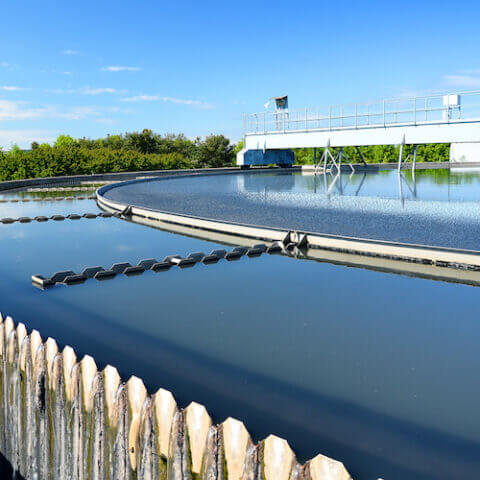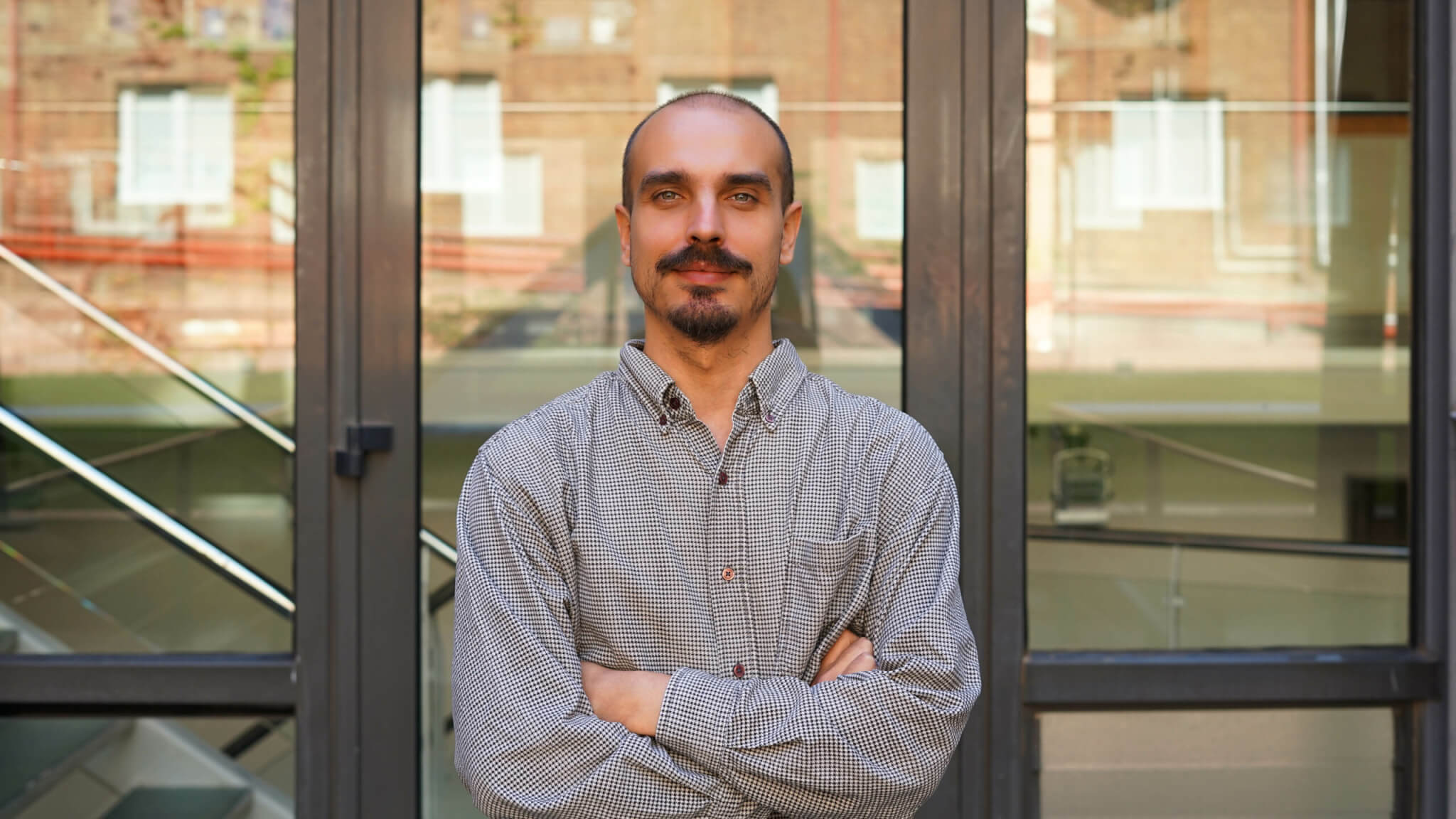Recently, IQS has joined the Catalan Water Partnership (CWP), a non-profit association that was created in 2008 to bring together companies, entities, and research centres focused on managing the region’s comprehensive water cycle. The main objective of the partnership is to improve the global competitiveness of this sector, offering opportunities for cooperation, knowledge, and financing among its associates to tackle competitiveness challenges, seek business opportunities, and promote the continuous improvement of efficiency and sustainability in water use, a critical and vital aspect considering the drought conditions that Catalonia is currently experiencing.
The CWP’s activity is conducted around seven strategic lines: Business and Development, R&D&i, Circular Economy, Industry 4.0, Internationalization, Visibility and Shared Value, and Cooperation. Currently, the CWP has nearly 150 associated entities and is recognized as a cluster by ACCIÓ, The Catalan Agency for Business Competitiveness under the Government of Catalonia, as an Innovative Business Group by the Ministry of Industry and Tourism under the Spanish Government, and boasts Gold Label accreditation for Cluster Management Excellence from the ESCA.
IQS’s membership in the CWP is led by Dr Yeray Asensio Ramírez, a researcher in the Environmental Processes Engineering and Simulation Group (GESPA) and a professor in the university’s Department of Chemical Engineering and Materials Science.
Bioelectrochemical systems for innovative and sustainable environmental solutions.
Dr Yeray Asensio holds a PhD in Chemical and Environmental Engineering from the University of Castilla La Mancha (UCLM). Dr Yeray’s career has unfolded in both public (University of Alcalá) and private institutions (Department of Innovation and Technology of FCC AQUALIA), where he specialized in the development of bioelectrochemical systems for wastewater treatment, the mineralization of pollutants of emerging concern, water regeneration, energy use for organic waste, and the production of hydrogen and biomethane from CO2-rich gases, lines of research that are developed at the boundary between chemical engineering, materials science, and biochemistry, which he is now applying at IQS.
This area of research in which Dr Asensio works at IQS, called Microbial Electrochemistry or Bioelectrochemistry, consists of the use of reactors supplied with electrically conductive materials (electrodes), on which an electrostimulation of the so-called “electroactive” microorganisms present in wastewater and sludge is carried out. These bacteria adhere to the electrodes of the reactor, where they form an active biofilm, through which, and thanks to the “forced” modification of their metabolism through the application of electrical energy, they are able to promote specific oxidation and reduction reactions for the mineralization of pollutants in aqueous matrices, as well as produce high value-added compounds from waste such as CO2.
Another application of these bioelectrochemical technologies in which Dr Asensio also works is their use in yeasts and fungi, species used in biotechnological processes, with the aim of increasing their efficiency and thus producing products with high added value.











